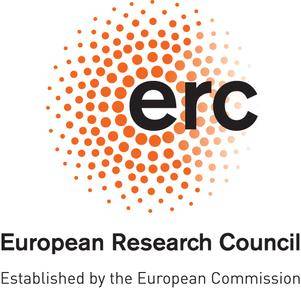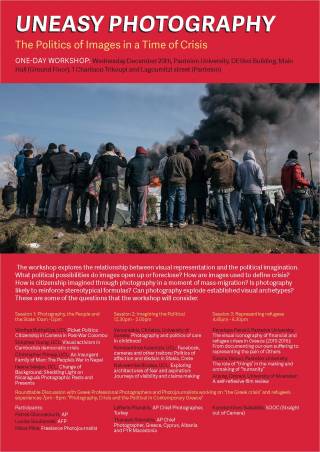Citizens of photography: the camera and the political imagination is an empirical anthropological investigation of a hypothesis about the relationship between photographic self-representation and different societies' understanding of what is politically possible.
Prolonged ethnographic fieldwork (by 6 anthropologists at postdoc and doctoral level) in Pakistan, Bangladesh, Nepal, India, Sri Lanka, Cambodia, Greece, Nigeria and Nicaragua will study how local communities use photography to represent individuals, families and other identities and explore whether this plays a role in the manner in which people articulate their political hopes and demands.
The conceptual starting point of the project is recent work by photographic theorists including Ariella Azoulay. She has argued that photography makes possible a new form of "Civil Imagination" because of its inclusiveness and contingency. Azoulay develops her argument in the context of historical images and also in relation to contemporary photojournalism and the manner in which photographic images appear to provoke actions with political consequences. This project would take some of her insights and seek to explore them at a local level in relation to domestic photography
The locations for the ethnographic investigations have been chosen because they are either
- sites of former political conflict
- sites of current crisis
- sites where differences in religious practices are evident
- sites that have significance in the history of Visual Anthropology.
One central aim of the project concerns the relationship between "representation" through images and "representation" through politics. Further, the research hopes to throw light on the role that "individuals" and other units of identity may play in allowing people to imagine a role for different kinds of politics in their life. For instance, attitudes to democratic processes may be much easier to imagine if an individual has multiple representations of themselves and if those images permit what has been called "self-archiving" ie the strong consolidation of a historically rooted individual agent through the regular use of photography. Democratic processes may appear much less attractive in the absence of representational practices that foreground individuals. Other units of identity (family, clan, caste etc) may feature in photography and be important idioms through which political claims are made.
In summary, this project is
- a social science investigation, through intensive ethnography, of a hypothesis which has been much discussed by photographic historians and political theorists as a philosophical issue. This project seeks to turn this into a set of empirically testable hypotheses by looking at how different groups of people actually use photography and what they have to say (and what they do) about politics.
- At its core is the question of the relationship between visual representation and political representation.
 Close
Close



